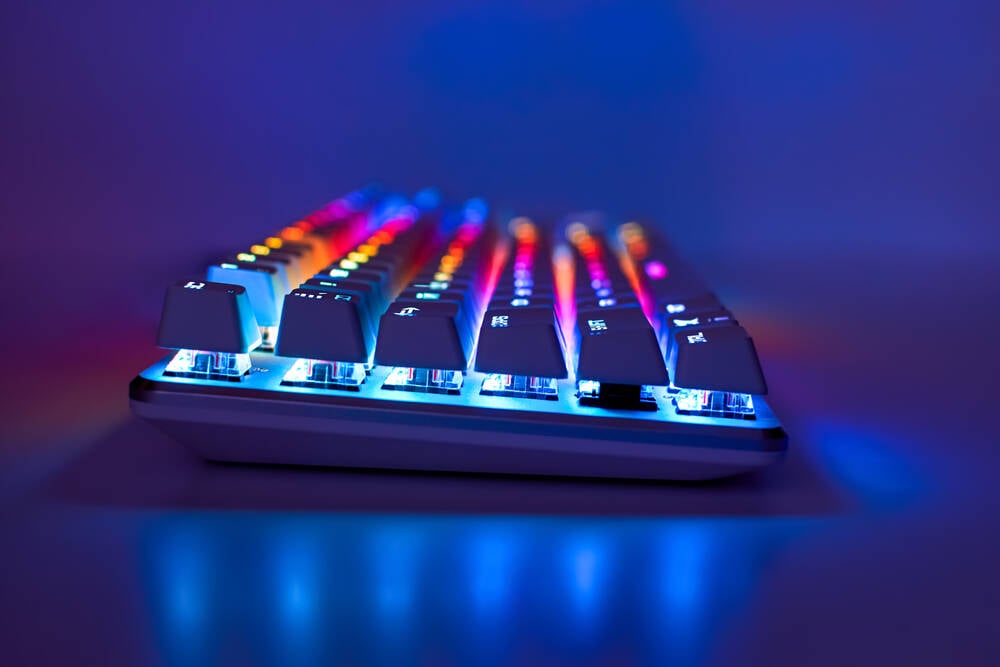Researchers in the UK claim to have translated the sound of laptop keystrokes into their corresponding letters with 95 percent accuracy in some cases.
That 95 percent figure was achieved with nothing but a nearby iPhone. Remote methods are just as dangerous: over Zoom, the accuracy of recorded keystrokes only dropped to 93 percent, while Skype calls were still 91.7 percent accurate.
In other words, this is a side channel attack with considerable accuracy, minimal technical requirements, and a ubiquitous data exfiltration point: Microphones, which are everywhere from our laptops, to our wrists, to the very rooms we work in.
This is why I always make sure there are no boffins around before I start typing.
Isn’t boffin a derogatory term like “nerd”?
What a dogshit headline.
Article also uses the term “eggheads”.
To go from keystroke sounds to actual letters, the eggheads recorded a person typing on a 16-inch 2021 MacBook Pro using a phone placed 17cm away and processed the sounds to get signatures of the keystrokes.
Quite scary considering the accuracy and how many open mics everyone is surrounded by without even realizing it. Not to mention if any content creator types their password while live streaming or recording they could get their accounts stolen.
One more reason to switch to a password manager, even though they could still find out the master password…
Only if you have to type it in to unlock your vault. Now, bear with me.
Bitwarden (maybe others) lets you set a PIN to unlock your vault. Normally, you would think this is a less secure setup, easier to crack with the method outlined in this article. Except with Bitwarden you have to set up the pin in every browser extension and every app install.
Meaning, unless they have access to your device, the PIN to unlock one instance of Bitwarden could be different from the PIN for another. They also don’t have to be strictly 4-digit PINs, either. I highly recommend password managers, but for my money, Bitwarden has all my love.
Disclaimer: I am on no way affiliated with Bitwarden. But I could be if they paid me!
I’d be curious how well this approach translates to multi-lingual keyboard layouts. For english users, perhaps theres another benefit to non-QWERTY layouts (e.g. Colemak or Dvorak) after all? … and two factor authentication should remain helpful I presume. Especially physical key methods with no audible characters typed (e.g. Yubikey, Titan, etc.)
I was thinking the same, but it would be trivial for software to realize that “fnj xlg” maps to “the dog” with Colemak or Dvorak.
Use a speech to text and they won’t be able to hear your keyboard strokes. I know, I’m a genius.
But instead they would hear the speech and translate that to text. No need to thank me.



